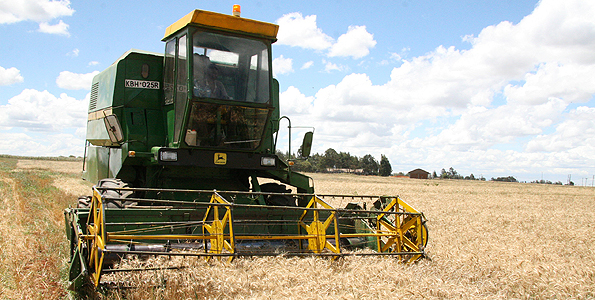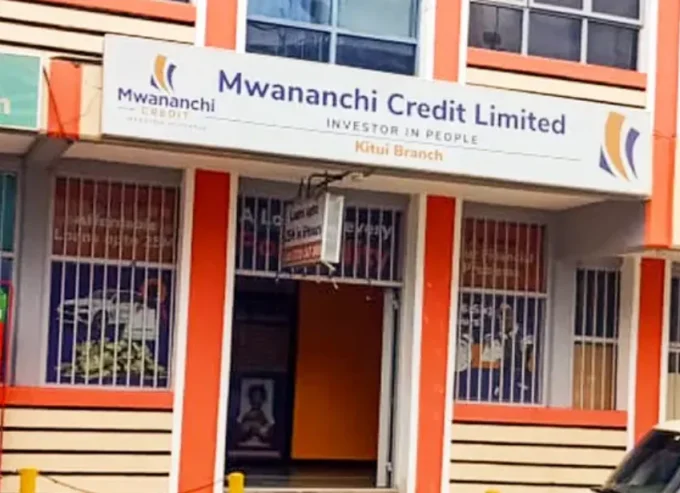The entry of millers has stabilised wheat prices in Narok, one of the largest producers of the commodity in Kenya, with farmers selling their produce at Ksh3,000, for the 90kg bag up from between Ksh2,200 and Ksh2, 400 a month ago. Earlier, millers were selling to National Cereals and Produce Board, leaving a void for middlemen who were responsible for prices instability.
NCPB entry regulations are stringent, forcing farmers to sell to middlemen who go for the produce to their farms. Most farmers are happy with the prices being offered by millers. “Though below the Ksh3, 500 we had anticipated, most of them will be able to repay loans they borrowed to farm and borrow again to be in business next year,” said Lekina Kameto, a Cereal Growers Association county secretary.
He said farmers are reluctant to take their produce to NCPB because they are charged for using its drying facilities and also pay county cess among other charges that eat into their revenues. Apart from the charges, farmers are forced to transport their produce to the board and are not paid on delivery, he added.
CGA says the government should operationalise the Warehouse Receipt System (WRS) to strengthen the commodity supply chain and trading regime. “The Warehouse Receipting System will play an important role in ensuring that the liberalised grain market in Kenya becomes more responsive,” said Kameto.
Production for an acre, the association says, has risen over the last few years to over Ksh25,000. “We decided to buy from farmers after it became apparent that they were stuck with tonnes of the grain and NCPB could not buy all of it,” said Abdulkadir Said, the Field Manager Eldoret Grains Ltd.
[crp]
He said millers could not raise prices because demand for both soft and hard wheat by bakers and other outlets was still low. “Most millers will be buying a few tonnes because they still have last year’s stock. Low demand because of cheap imports is responsible for the prices we are offering,” he added.
Over the last seven years, according to the local agriculture office, land under the crop has continued to dwindle due to, among other factors, high cost of production and erratic rainfall. “The acreage under the crop was expanding from 2003 when prices of a bag reached Ksh2,800 to 2008 when most farmers stayed away because of the post-election violence.
“After the violence farmers who used to lease huge tracts of land kept off, leading to shrinking. The cost of production and the changing weather conditions have made matters worse,” says Maurice Suji, the
Narok County Director of Agriculture.



















































![Pula Co-Founders and Co-CEOs, Rose Goslinga & Thomas Njeru. Pula provides agricultural insurance and digital products to help smallholder farmers manage climate risks, improve farming practices and increase their incomes. [ Photo / Courtesy ]](https://businesstoday.co.ke/wp-content/uploads/2021/01/Pula-Co-Founders-and-Co-CEOs-Thomas-Njeru-Rose-Goslinga.jpg)




























































Leave a comment